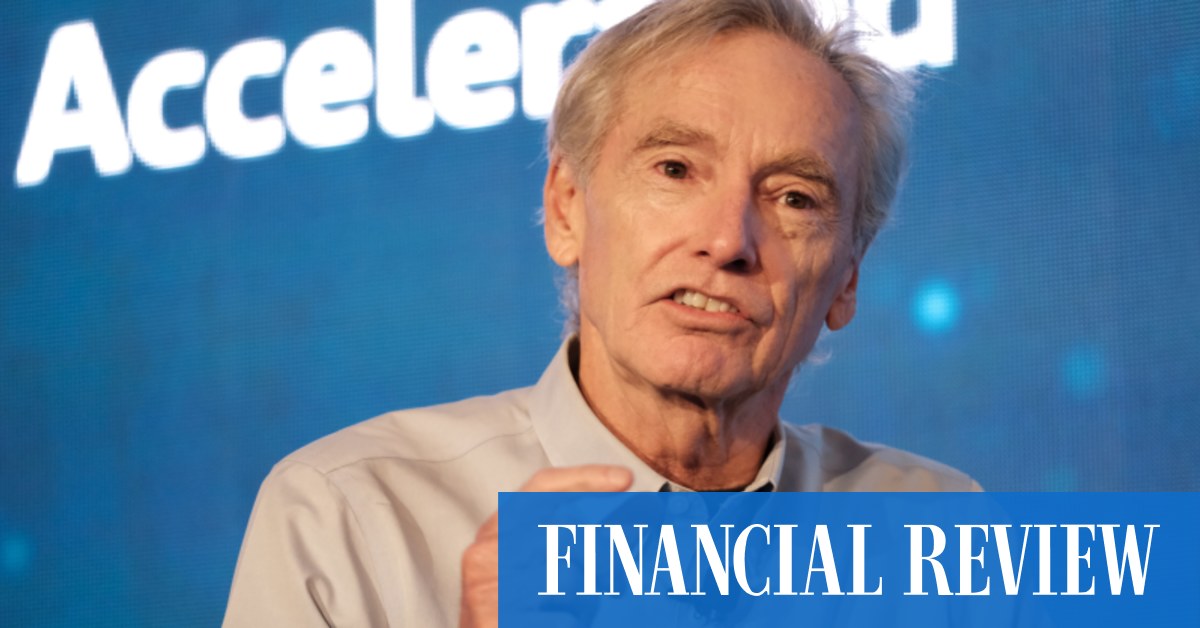
“Main Sequence has not yet distributed returns to its investors,” the spokesman said, adding it only expected returns after “at least eight years”.
It was handed $100 million of government money to invest in 2017 and promised another $150 million in 2022, half of which has been publicly announced as delivered.
Varied investments
Among its 60 investments is Baraja, a self-driving car sensor company that other investors have written down to zero, and several companies in the troubled plant-based “meat” sector. Main Sequence, which owns about 5 per cent Baraja according to ASIC documents, declined to comment.
Venture capital funds typically have 10-year lifespans to invest in companies and then sell their stakes, though that can be extended.
But it has become increasingly common, since rising interest rates stalled public market listings, for venture funds to sell chunks of successful companies – such as Employment Hero and Canva – to generate cash returns for backers. Main Sequence has not done so.
The fund, which also has Queensland and Singaporean government money alongside private sector cash, has previously described its performance as being in the top quartile of funds globally.
Partner Mike Zimmerman previously said it was working on “big, global challenges that need scientific backing, patient capital and long-term vision to solve”. The CSIRO echoed Main Sequence’s view of its performance.
Spun off
Documents the CSIRO lodged under accountability laws show that late last year, Science Minister Ed Husic gave notice that a new company called Main Sequence Innovation Services was created and then spun off for $10.
In fact, ASIC documents show it had been created in 2022 and then spun off in mid-2023 to companies associated with its six partners. Mr Husic’s office directed a request for comment to the CSIRO.
The regulatory disclosures, first reported by Innovation Aus, state it created the company to “transfer employment of CSIRO staff to generate efficiencies”.
But the justification for selling it off, despite Main Sequence already having six partners including Blackbird co-founder Bill Bartee, was “to allow market employment and remuneration” of its staff.
The CSIRO spokesman said the $10 price for the employment company was “determined as fair market value”.
“This replaces the arrangement of seconding that specialist team of venture capitalists from CSIRO to Main Sequence,” he said. “Specifically, the sale of [the employment company] has no impact on funds under management by Main Sequence.”
Main Sequence’s marque hire since it changed its employment arrangements is venture capitalist Elaine Stead, formerly of the failed Blue Sky Alternative Investments. It announced Dr Stead had joined this month as a principal at the fund.
